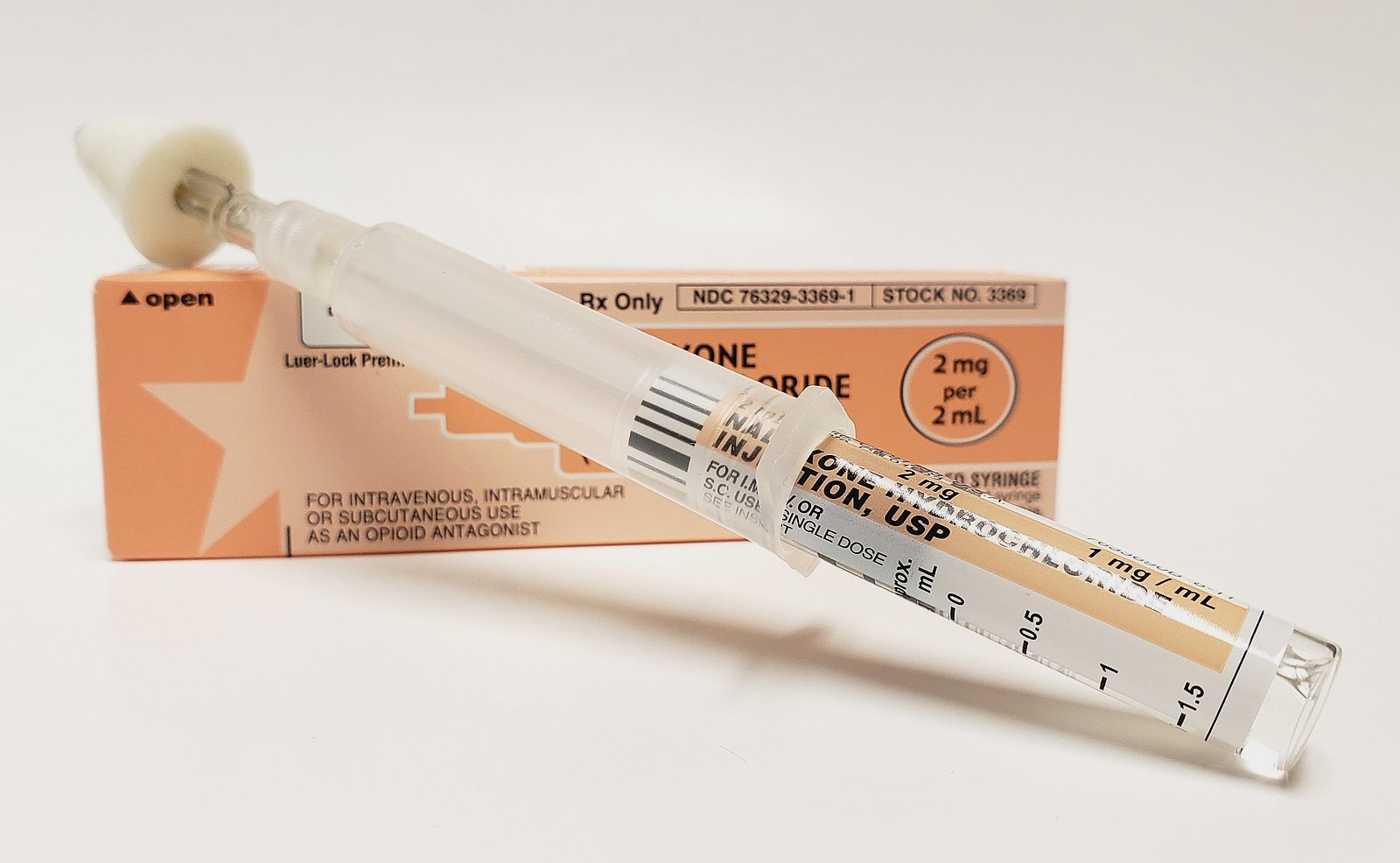Arnold Ventures is one of the very few big philanthropy funds that support criminal justice reform initiatives in the United States. Its website emphasizes the importance of curbing racial and economic inequities in the system.
John Arnold, a billionaire once known as the “King of Natural Gas,” founded the organization with his wife, Laura. He has previously “declared war on bad science,” as WIRED put it. Criminal justice reform is one spoke in the fund’s multi-faceted policy wheel.
But critics have questioned where Arnold Ventures stands after its appointment, announced on March 8, of Texas A&M Associate Professor of Economics Jennifer Doleac as its new executive vice president of criminal justice.
“Her expertise, passion, and commitment to improving the criminal justice system through research and evidence align perfectly with our mission, and we are confident that her leadership will have a significant impact on our efforts to change the system to improve people’s lives,” said Arnold Ventures CEO Kelli Rhee in the announcement.
Many in the field hold a different view. Doleac, who obtained her PhD in economics from Stanford University in 2012, has since earned a reputation for a contrarian line of research accused of ignoring the humanity of directly impacted people. Neither Doleac nor Arnold Ventures responded to Filter’s requests for comment.
Probably the most inflammatory work Doleac has published concerned naloxone, the lifesaving opioid-overdose antidote.
Titles of Doleac’s past papers include: “Wrap-Around Services Don’t Improve Prisoner Reentry Outcomes,” “The Unintended Consequences of ‘Ban the Box’: Statistical Discrimination and Employment Outcomes When Criminal Histories are Hidden,” and “Keep the Kids Inside? Juvenile Curfews and Urban Gun Violence.”
Doleac has also previously platformed research which suggested that parental incarceration in Colombia is beneficial to educational attainment for children.
But probably the most inflammatory work Doleac has published concerned naloxone, the lifesaving opioid-overdose antidote.
Her 2018 paper (with Anita Mukherjee), “The Effects of Naloxone Access Laws on Opioid Abuse, Mortality, and Crime,” addressed the supposed “moral hazard” of naloxone provision. It concluded that access was creating a “tragedy of the commons” issue, essentially encouraging reckless drug use.
The paper’s methodology, lack of engagement with the public health literature, and overall direction were widely critiqued.
“Their study, which … contradicted earlier research, provided fodder for those who wanted to argue that naloxone distribution is ineffective—or worse, that it increases crime because it keeps more people who use opioids alive,” wrote Dr. Sheila Vakharia, of the Drug Policy Alliance, for Filter.
“I find it utterly disheartening that a discipline as important as public health is filled with so many people who collectively have so little understanding of rigorous research methods,” Doleac wrote in response to Filter’s questions about such criticisms in 2018. “Advocates should acknowledge that many of their strongly-held priors are not evidence-based.”
What now infuriates some advocates is how Doleac has seemingly been folded into the world of “reform” by her new role. This may have happened in part because she co-authored a 2021 paper that found beneficial effects to former Suffolk County (Boston) District Attorney Rachael Rollins’ policy of not prosecuting a small list of nonviolent misdemeanors.
“This seems like a big step backwards for Arnold Ventures. They already had a credibility problem among many of the people organizing in heavily-policed communities.”
Alex Vitale, a Brooklyn College sociology professor widely known for his support of police abolition, went so far as to write an open letter to Arnold Ventures decrying the appointment.
Doleac, he wrote, “has taken numerous positions based on one or two econometric studies that fly in the face of common sense and decades of alternative findings just to aggrandize herself at the expense of communities subjected to abusive policing and corrections policies that she supports.”
“I can no longer be associated with Arnold Ventures,” he concluded, “and wish to formally withdraw my previously solicited Letter of Interest … and will publicly urge others to do the same.”
“This seems like a big step backwards for Arnold Ventures,” Vitale later told Filter. “They already had a credibility problem among many of the people organizing in heavily-policed communities and now they have decided to double down on neoliberal econometrics as their method for improving justice.”
“It was that viewpoint that has been the chief driver of both budget cuts for the most vulnerable and ever-more intensive and invasive policing,” he continued. “This will most likely result in public policy positions that favor more policing and incarceration, rather than investments in high -needs communities.”
Kelli Garant, a peer care coordinator in the harm reduction field in Philadelphia, also expressed dismay at the appointment. In 2018, soon after leaving treatment for opioid use disorder, she overdosed in the bathroom of her home.
If it weren’t for her husband having earlier obtained naloxone, she wrote to Filter, “I would be dead today … Without it, my husband would not have a wife. I would have missed out on both of my children getting married, my son graduating college, and meeting my only grandchild.”
“It is disturbing,” she added, “to think that someone, in such an important role during a pandemic, would not find this life-sustaining medication as vital as having a smoke detector in their home or a fire hydrant on the corner of their street.”
She wishes she could speak with Doleac face-to-face about what naloxone means in real life.
“America’s criminal justice system strips too many people of their jobs, families, health, and dignity,” states Arnold Ventures’ website. “It puts people of color at risk, disproportionately harms low-income people, limits the potential of juveniles caught in the system, and doesn’t give everyone the opportunities they need to get back on track.”
Little about Doleac’s track record suggests that her appointment will challenge those realities.
Photograph by Intropin via Wikimedia Commons/Creative Commons 4.0





Show Comments